- Sakinah Hunafa
- Food Pantry
- Read Time: 1 min
- Hits: 779
Please Donate
- Sakinah Hunafa
- Food Pantry
- Read Time: 1 min
- Hits: 893
Please click on the title link above to listen to a video recitation of the Ayat ash-Shifaa.
- Sakinah Hunafa
- Food Pantry
- Read Time: 1 min
- Hits: 663
Written by Hasnaa Hunafa
Oftentimes, when we envision the image of a homeless individual numerous harmful, inaccurate, and unfair stereotypes come to mind. Many assume that the homeless are all plagued by mental illness, are criminals with a long history of offenses, struggle with substance abuse issues, or are simply lazy and unwilling to work. However, we must remember that such issues are non-exclusive to displaced individuals. Much of the homeless population consists of families, veterans, and single adults who simply fell on hard times.
According to the most recent Annual Homeless Assessment Report (AHAR), an estimated 553,742 people are currently experiencing homelessness in the United States. Single individuals, families, and veterans make up 66.7, 33.3, and 7.2 percent of the homeless population, respectively. With single young and middle-aged adults making up the largest percentage of the homeless population, we must consider what causes able-bodied and capable adults to end up in such dire circumstances.
Some of the most common causes of homelessness are: poverty, domestic violence, low job opportunities, and the lack of effective public assistance programs. Many low-income Americans are living paycheck to paycheck. As a result, any financial setback or tragedy can cause low-income families and individuals to end up without a roof over their heads. Secondly, female victims of domestic violence are often faced with two difficult choices: to escape their abusers with no place to go or remain at risk of their lives and the lives of their children. This dynamic accounts for a disproportionate number of cases involving female homelessness. Additionally, in our ever changing economy and society, many unskilled laborers are facing difficulty in finding and maintaining steady work. This leads to a higher unemployment rate and subsequently, more individuals losing their homes. Finally, due to the current administration’s budget cuts, many social welfare programs are receiving less funding. The effects of this change have been devastating for many low-income families that depended on government assistance as a means to supplement a meager income. Without the additional funds, many cannot afford to pay their monthly bills and end up on the street.
In spite of this, steps may be taken to prevent homelessness and offer assistance to the displaced. Some solutions include: the development of affordable housing units, community assistance programs, job training, and access to higher learning. The root cause of homelessness is the lack of housing. By providing affordable housing, the pains of homelessness will be alleviated. This may be accomplished through the direction of federal funding towards affordable housing projects and community fundraising. Additionally, local communities can offer assistance when government aid falls short. The development of community food pantries, homeless shelters, and outreach groups will aid displaced individuals in getting back on their feet. Furthermore, community job training centers may provide individuals with the tools and resources required to obtain gainful employment. Lastly, access to affordable education would encourage many low-income individuals to enroll in community colleges to seek professional degrees or to earn a vocational trade. This would provide individuals with the confidence and skills required to pursue careers in more lucrative fields of study.
Verily, homelessness is a nondiscriminatory issue that sees no race, religion, social class, or education level. Those who are financially stable today may find themselves in a perilous financial situation tomorrow. A life-altering injury, the loss of a job, or the dissolution of a marriage could all lead to a life on the street. Thus, we must be mindful of our preconceived notions and biases when belittling those who have less than we do, for we may end up in their shoes one day.
- Sakinah Hunafa
- Food Pantry
- Read Time: 1 min
- Hits: 670

Many thanks to everyone who has donated food items for families and/or monetary donations to help during this time of crisis without hesitation understanding the critical situation so many families are faced with. As quickly as the food is donated, it is sent out to the many families that need it. With each passing day there are more referrals and requests for food assistance and for personal care items (diapers, baby wipes, facial and toilet tissue, soaps, deodorant, toothpaste, shampoo, paper towels). We are serving our most vulnerable populations which include the elderly, disabled, refugee families (large families with babies and young children) as well as sisters who are expecting, single parent families and many homeless families. Some of our volunteers have been making deliveries as late as 10 PM in the evenings because of the dire need of families for food assistance. Our deliveries are throughout metro Atlanta and Northeast Georgia so we need as much food donations as possible, In sha’ Allah. Many of the families are very large. Our food packages are all individualized made considering the unique needs of every family due to health concerns, allergies, family size and foods the families most commonly use.
Anyone wishing to donate food items, please let us know and we will arrange a pickup and let you know what is needed most at this time. Rice is always needed (basmati, brown, and white) and flour (all purpose, atta flour and chappati), cooking oil, produce (bananas, onions, potatoes, oranges, apples, tomatoes),sugar and honey, juices and spring water, cereal, oatmeal, sooji and beans (assorted types). Pasta and spaghetti sauce and diced tomatoes as well. All canned vegetables. We can also accept monetary donations and purchase food items as well. Donations can be sent via Zelle or Venmo using 6784468737 or via This email address is being protected from spambots. You need JavaScript enabled to view it. via Bank of America transfer or via PayPal on our website at www.madinahfoodpantry.org
May Allah Subhana wa Ta’Ala allow us all to remain safe and healthy. May Allah Subhana wa Ta’Ala grant full shifa to all those who are sick and in need of healing.
- Sakinah Hunafa
- Food Pantry
- Read Time: 1 min
- Hits: 879
Masha'Allah, due to the mercy of Allah and the continued generosity of many of you, we have been able to provide Iftar for many fasting families during this blessed month. By the mercy of Allah, pizza parties catered by Pizza Walley for the Clarkston Refugee children and their families were sponsored and enjoyed.
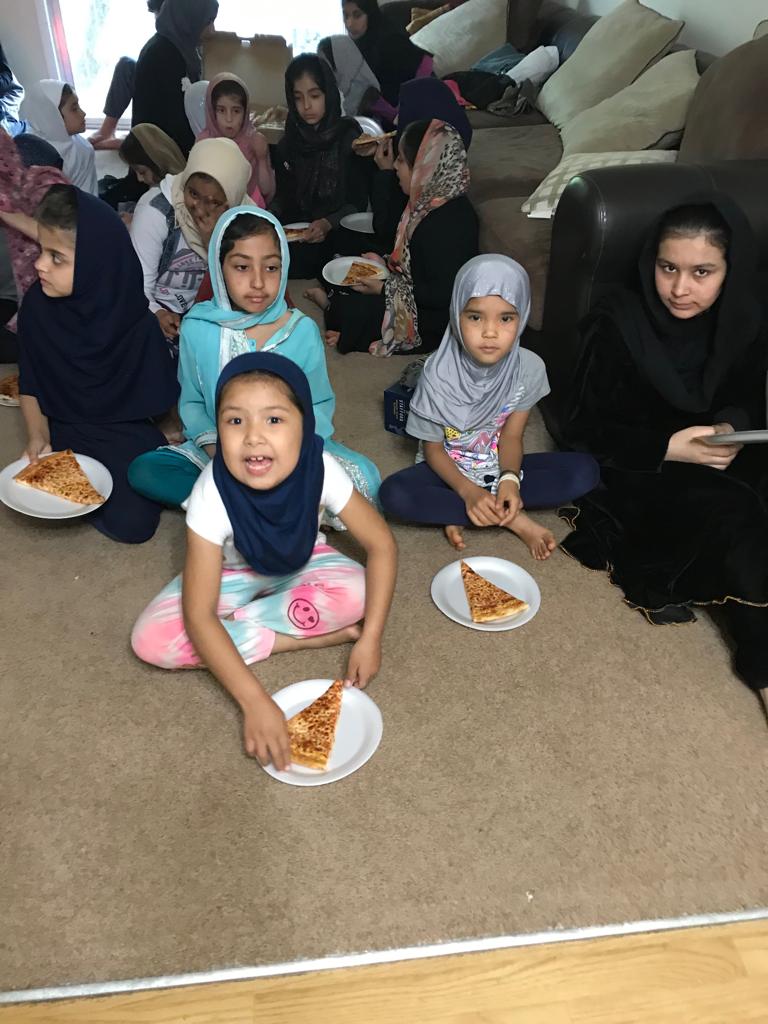
Several iftar dinners were also catered by Al-Noor Banquet Hall for Clarskton refugees as well as Decatur refugee families funded by generous donors.
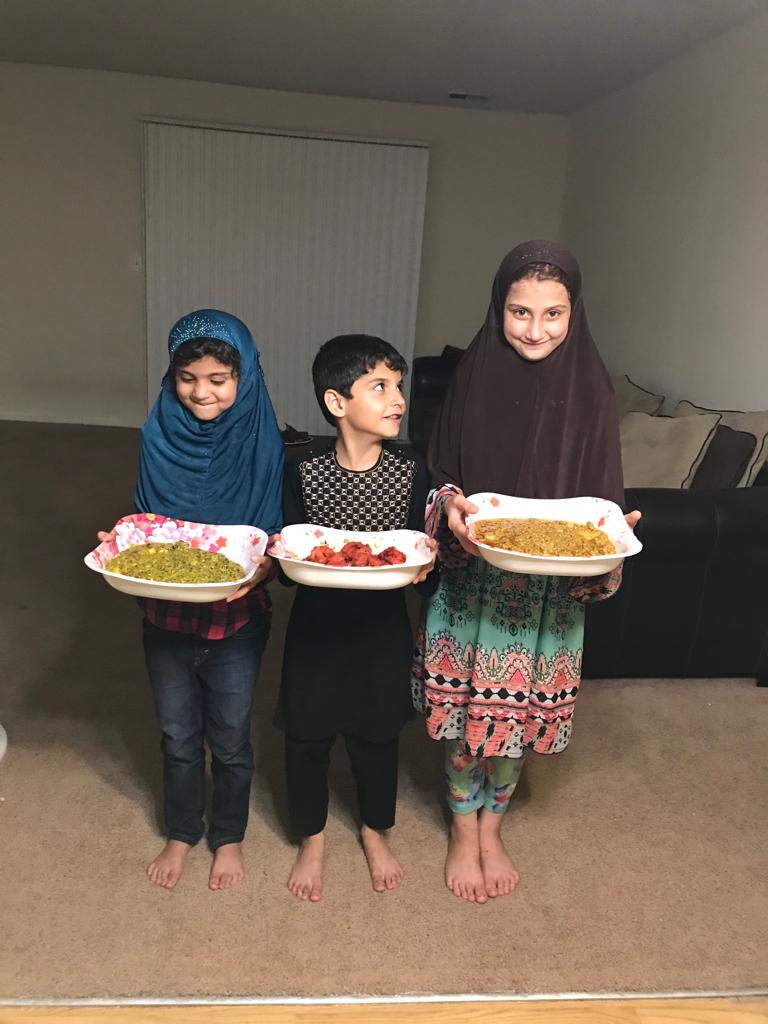
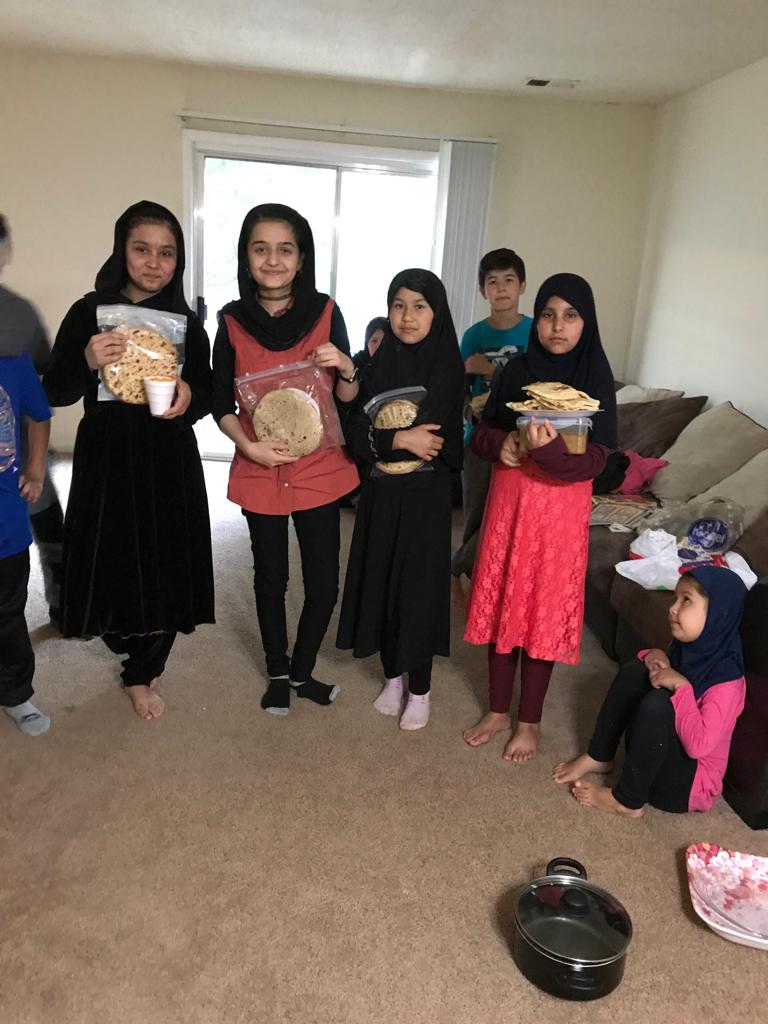
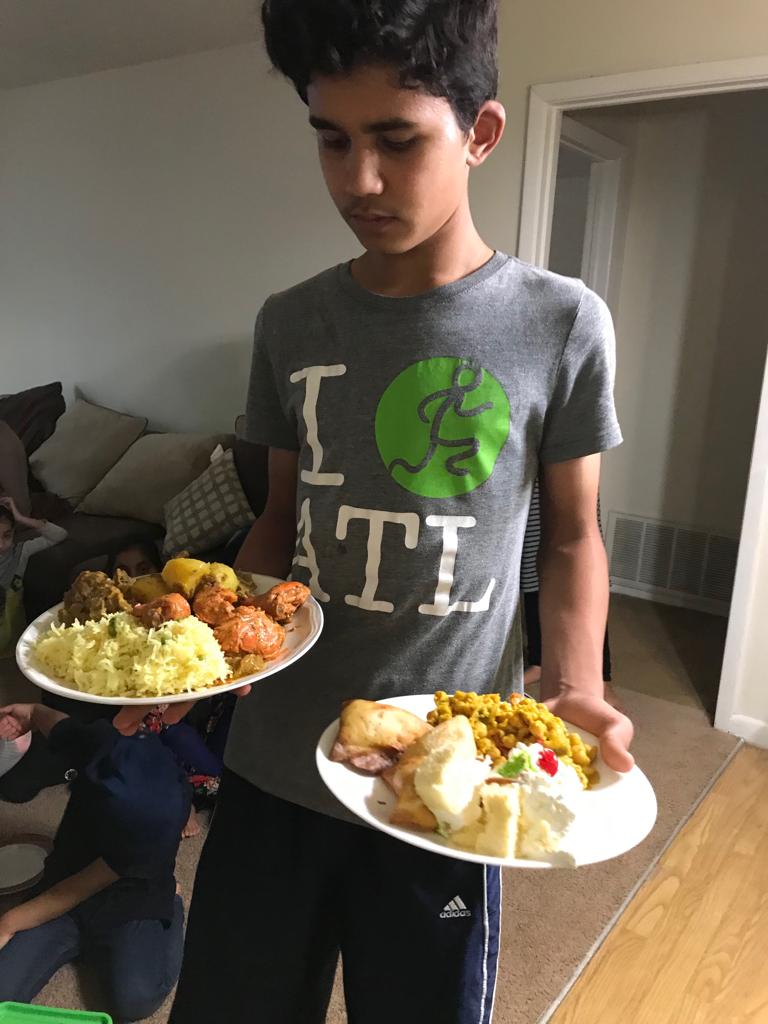
To add to the wonderful Iftars that were sponsored, Madinah Food Pantry is happy to say that communities in both Northeast Georgia and South Carolina received the benefit of your kindess and generosity several times during this most blessed month.
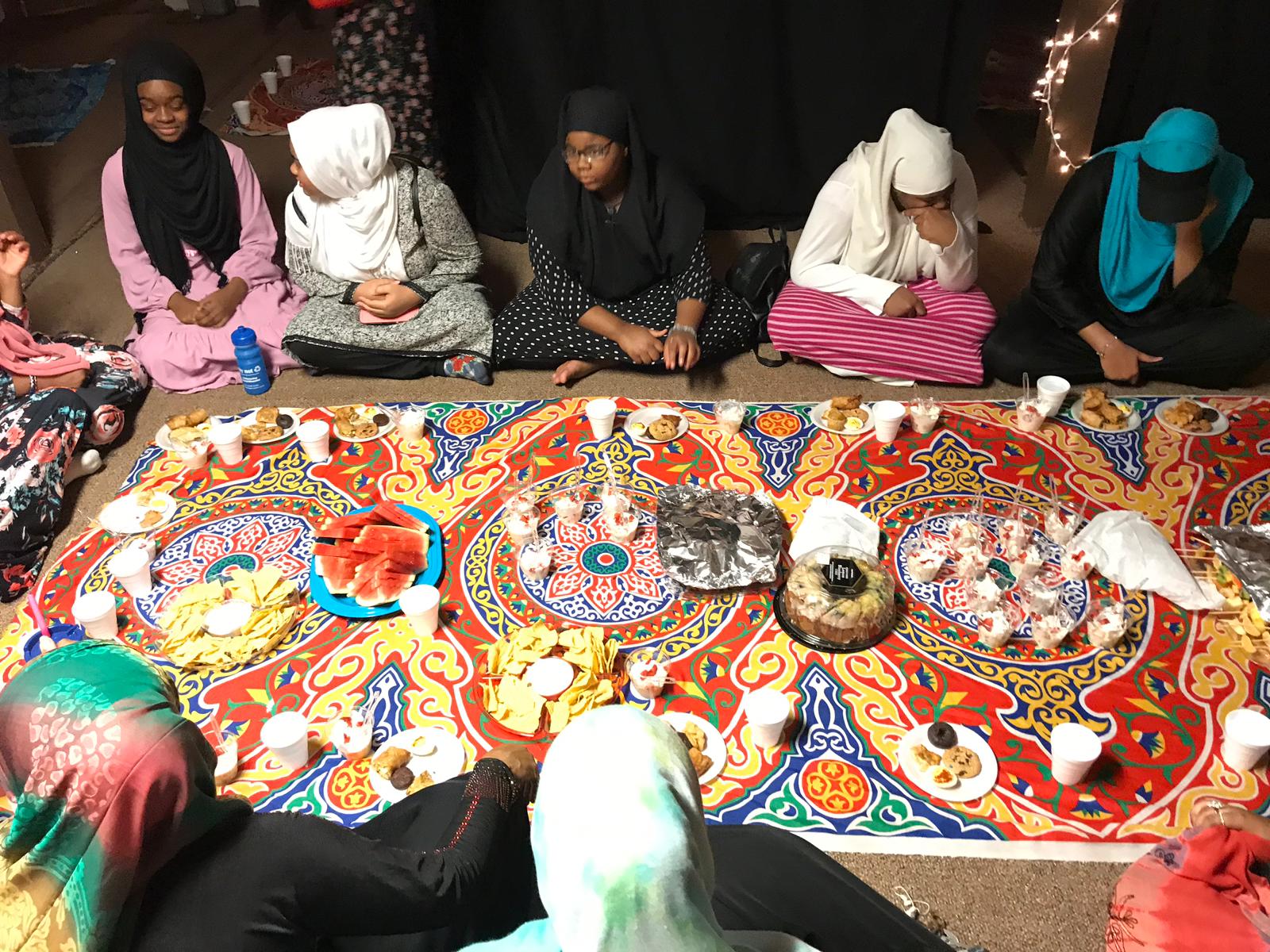
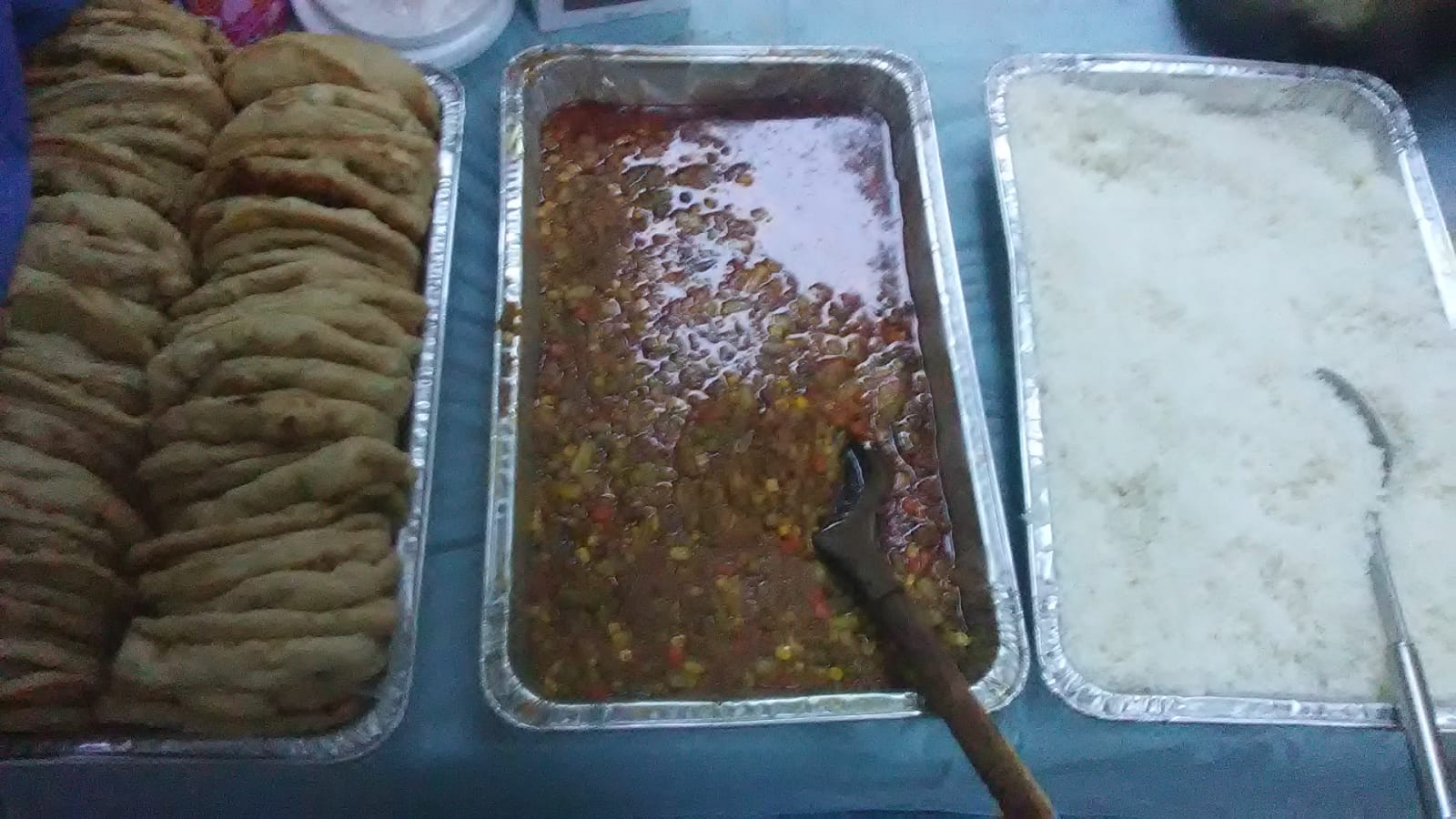
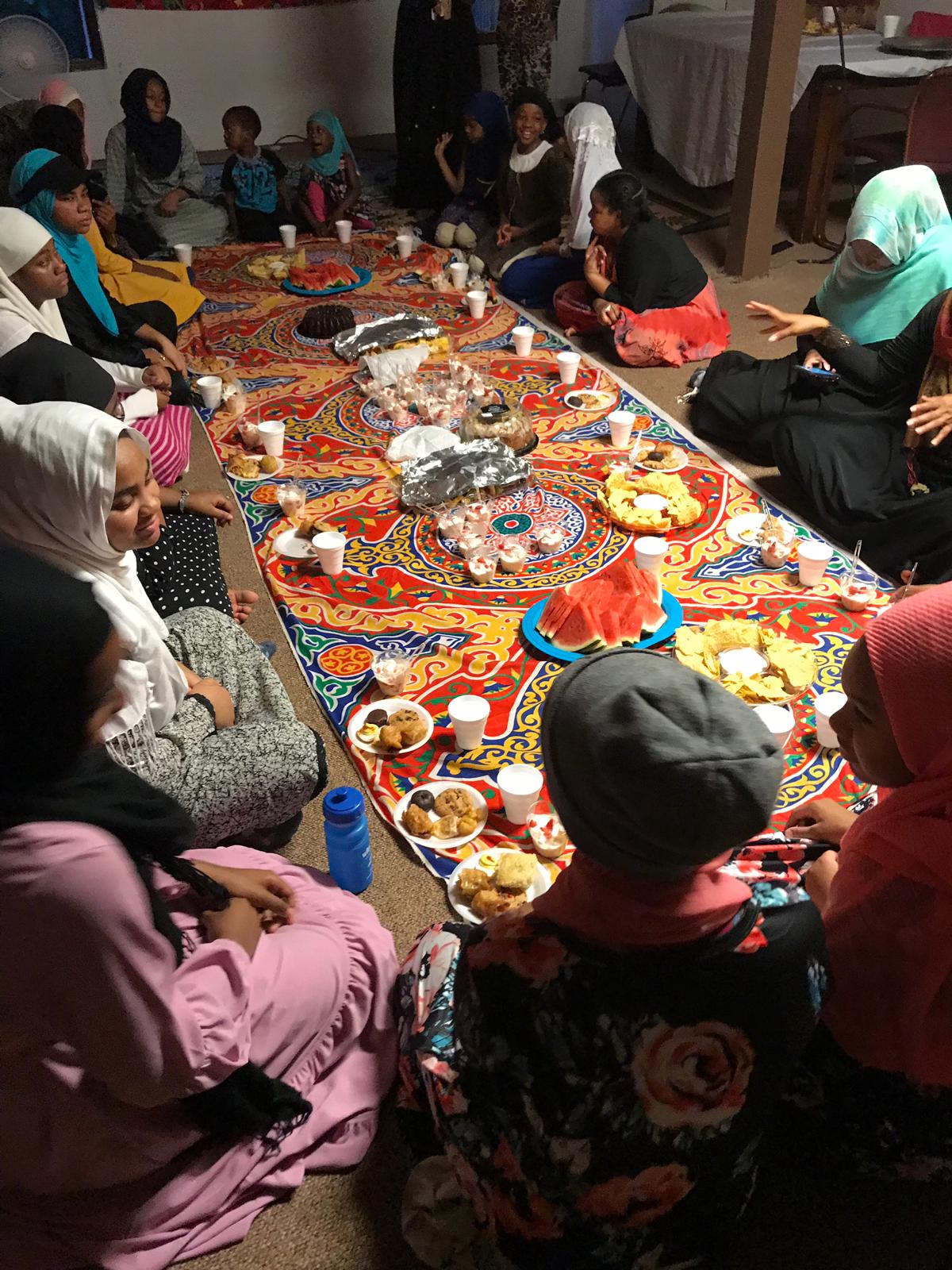
Finally, Madinah Food Pantry was able to sponsor Iftar for Masjid Dar Us Salaam in Lawrenceville for their Laylatul Qadr program serving over 200 people with the help of generous donors.
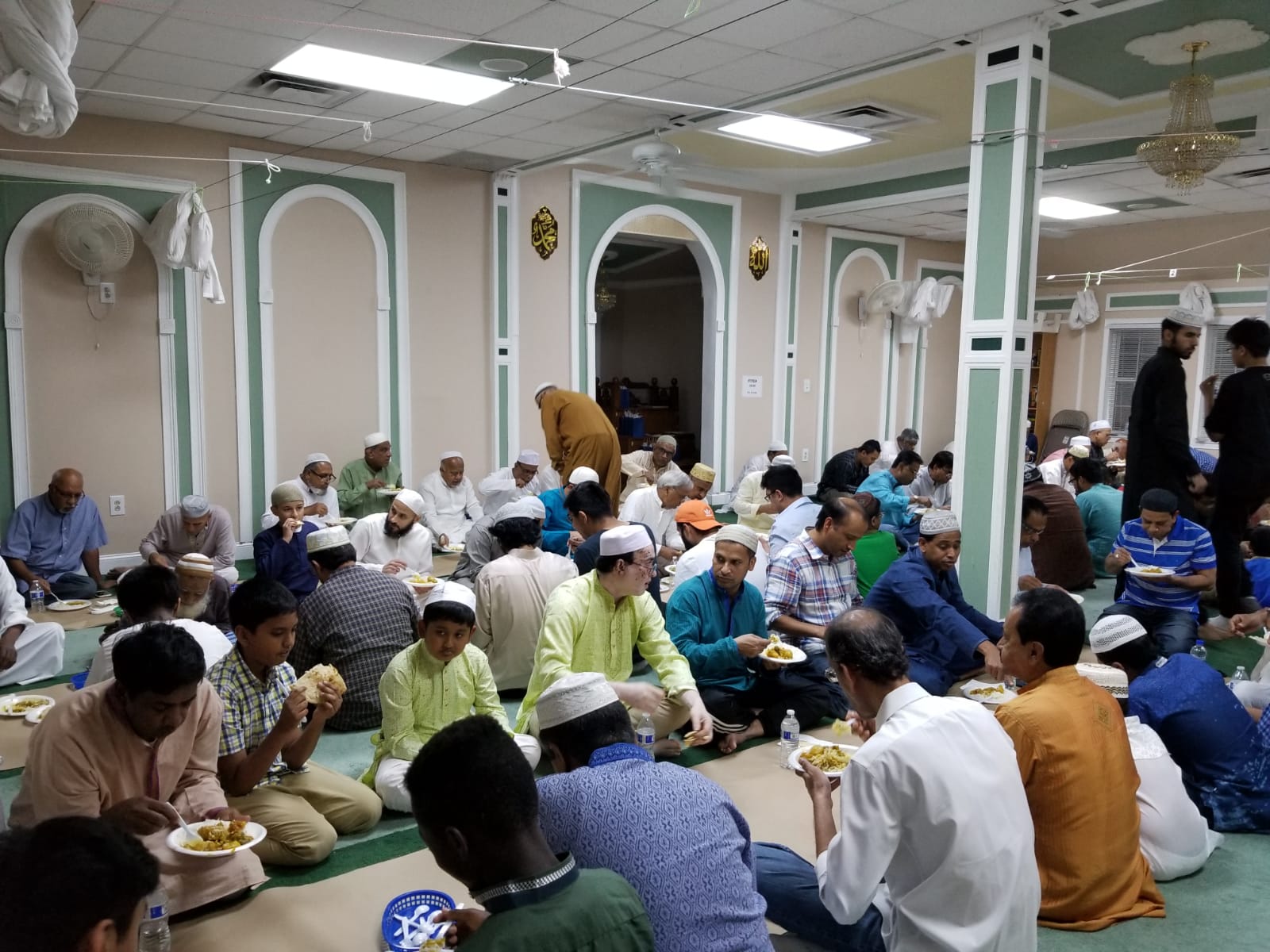
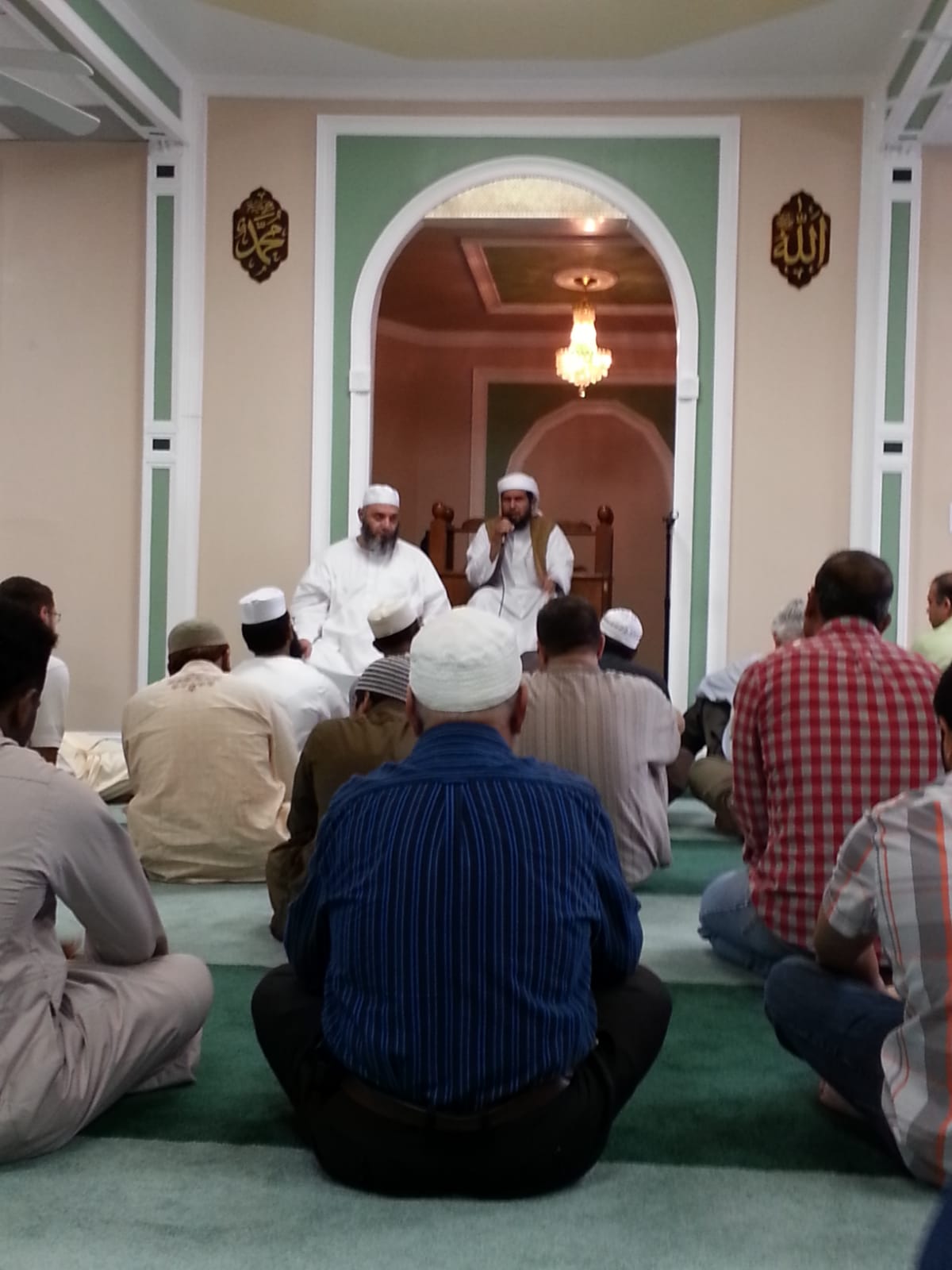
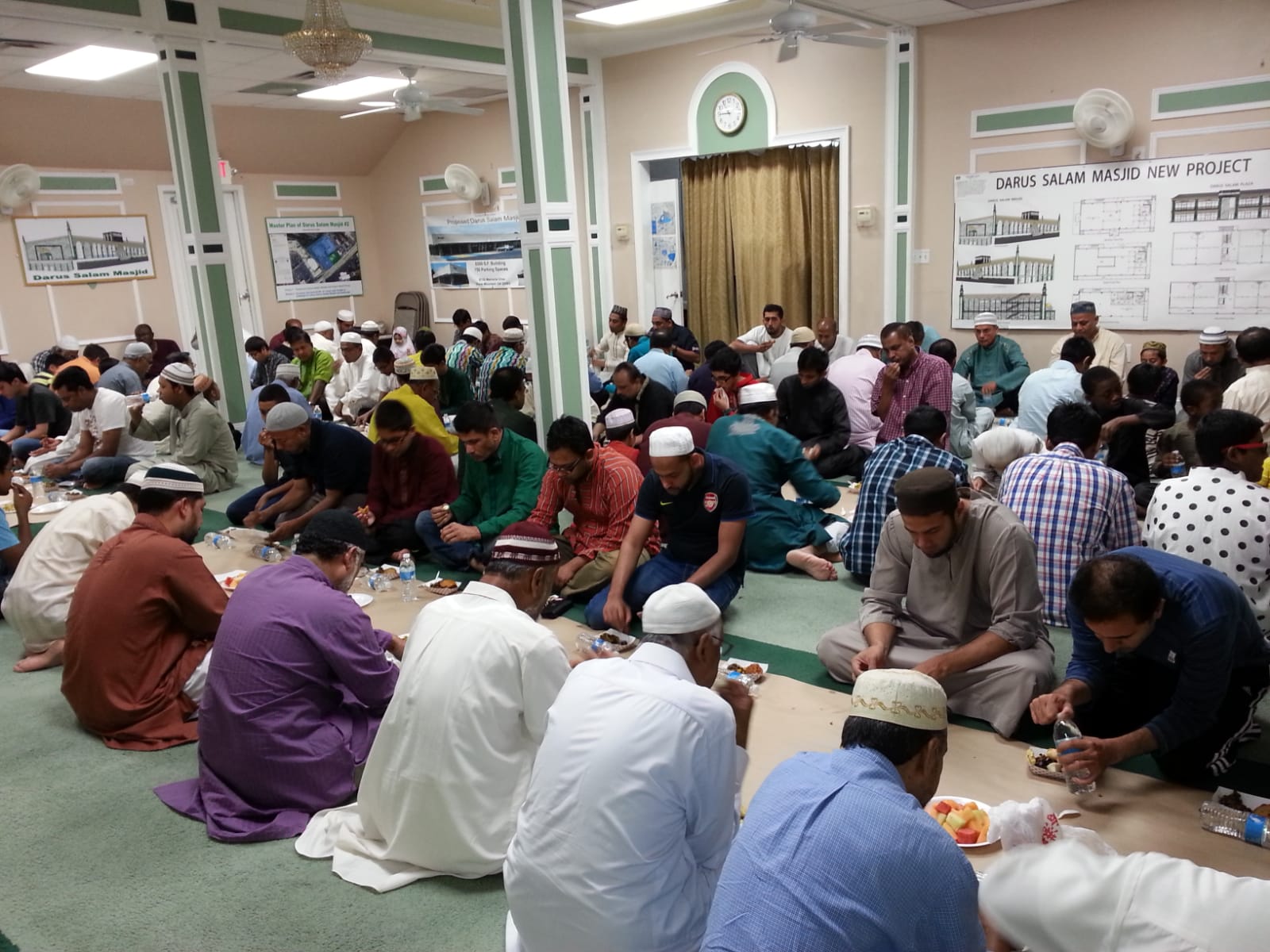
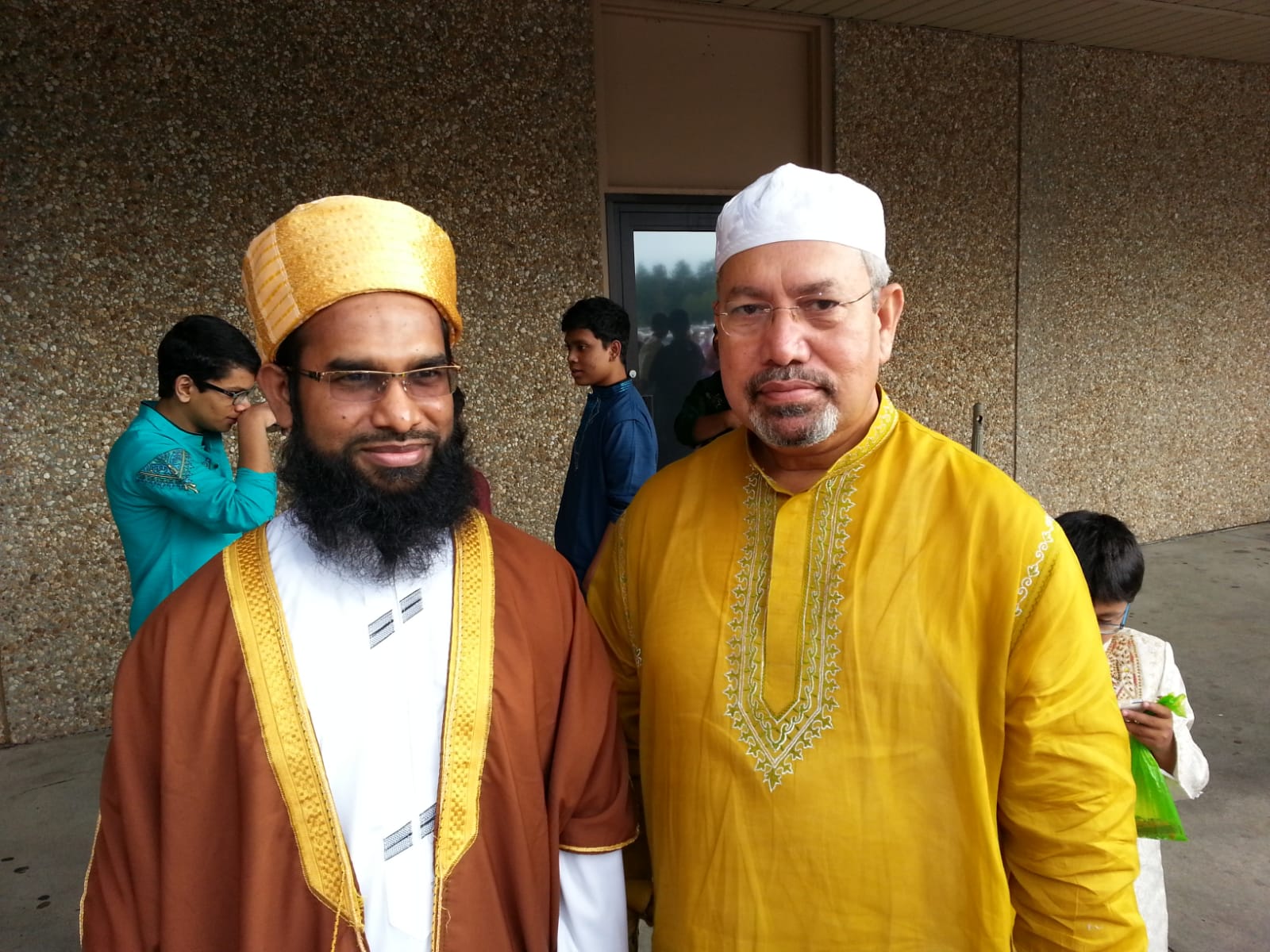
Madinah Food Pantry volunteers are thankful to deliver this food to the families in need. The families were very happy and excited to see the delicious, hot iftars made readily available to them. Many families are unable to attend a masjid for iftar dinners or do not live in the vicinity of one that does nightly iftar dinners. Iftar dinners available in their own neighborhood has been a beautfiul blessing for our Muslim brothers and sisters during this blessed month of Ramadan.
May Allah bless you all.
Ramadan Mubarak.
More Articles ...
Subcategories
Page 10 of 15
Search
Welcome!
We have 273 guests and no members online
Latest Articles
- Madinah Food Pantry Fall Food Drive 2024
- Madinah Food Pantry Winter coat and blanket drive 2024
- A Special Thank you to the Masjid Al Jannah Community
-
 Madinah Food Pantry Summer Bike Drive 2024
Madinah Food Pantry Summer Bike Drive 2024
- Madinah Food Pantry Summer Food Drive 2024
-
 Eid Mubarak 2024 from Madinah Food Pantry!
Eid Mubarak 2024 from Madinah Food Pantry!
-
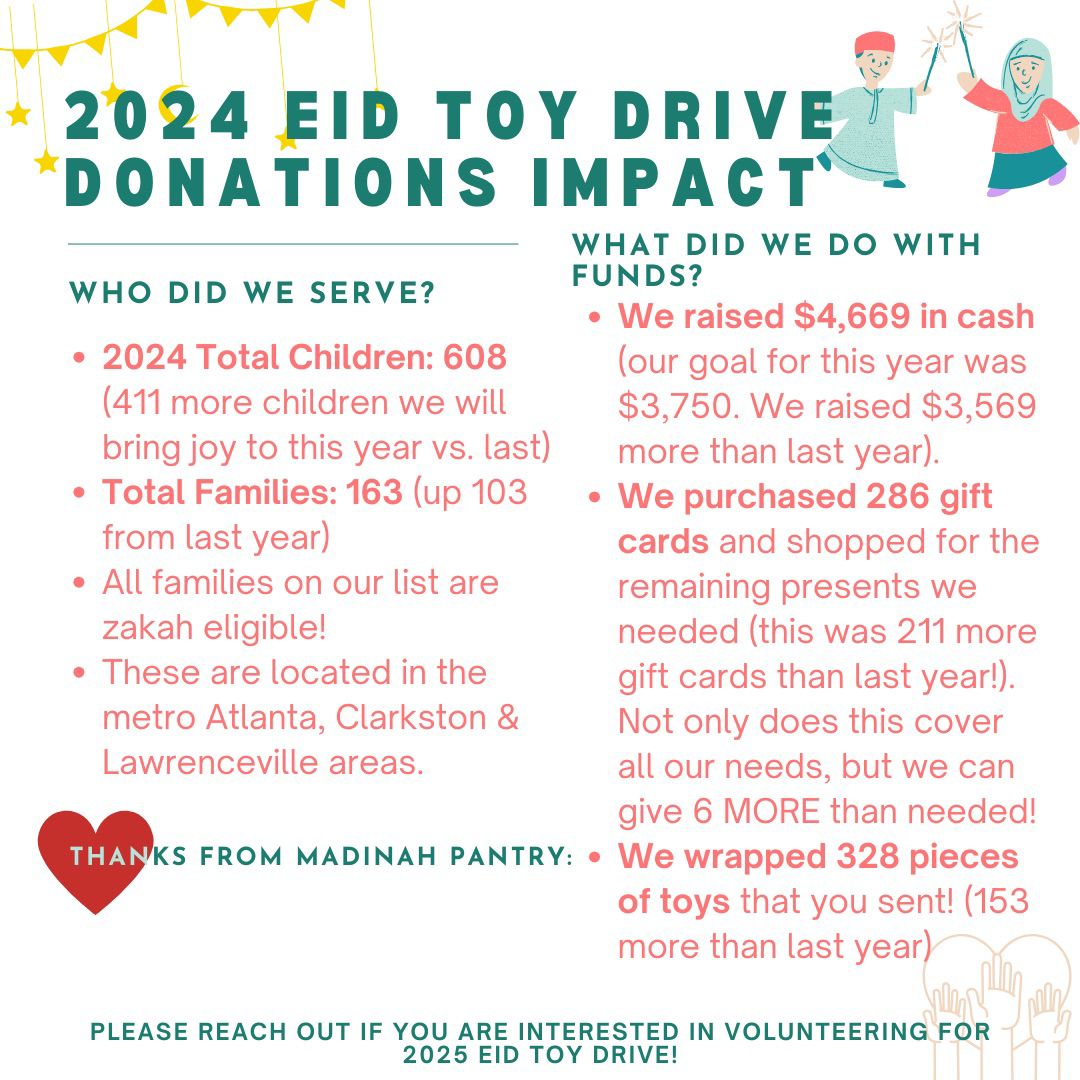 Eid Toy Drive updates 2024
Eid Toy Drive updates 2024
-
 Ramadan 2024 Updates!
Ramadan 2024 Updates!
-
 Ramadan 2024 Updates!
Ramadan 2024 Updates!
-
 Ramadan Mubarak 2024!!!
Ramadan Mubarak 2024!!!
-
 Madinah Food Pantry Pre-Ramadan Food Drive 2024
Madinah Food Pantry Pre-Ramadan Food Drive 2024
-
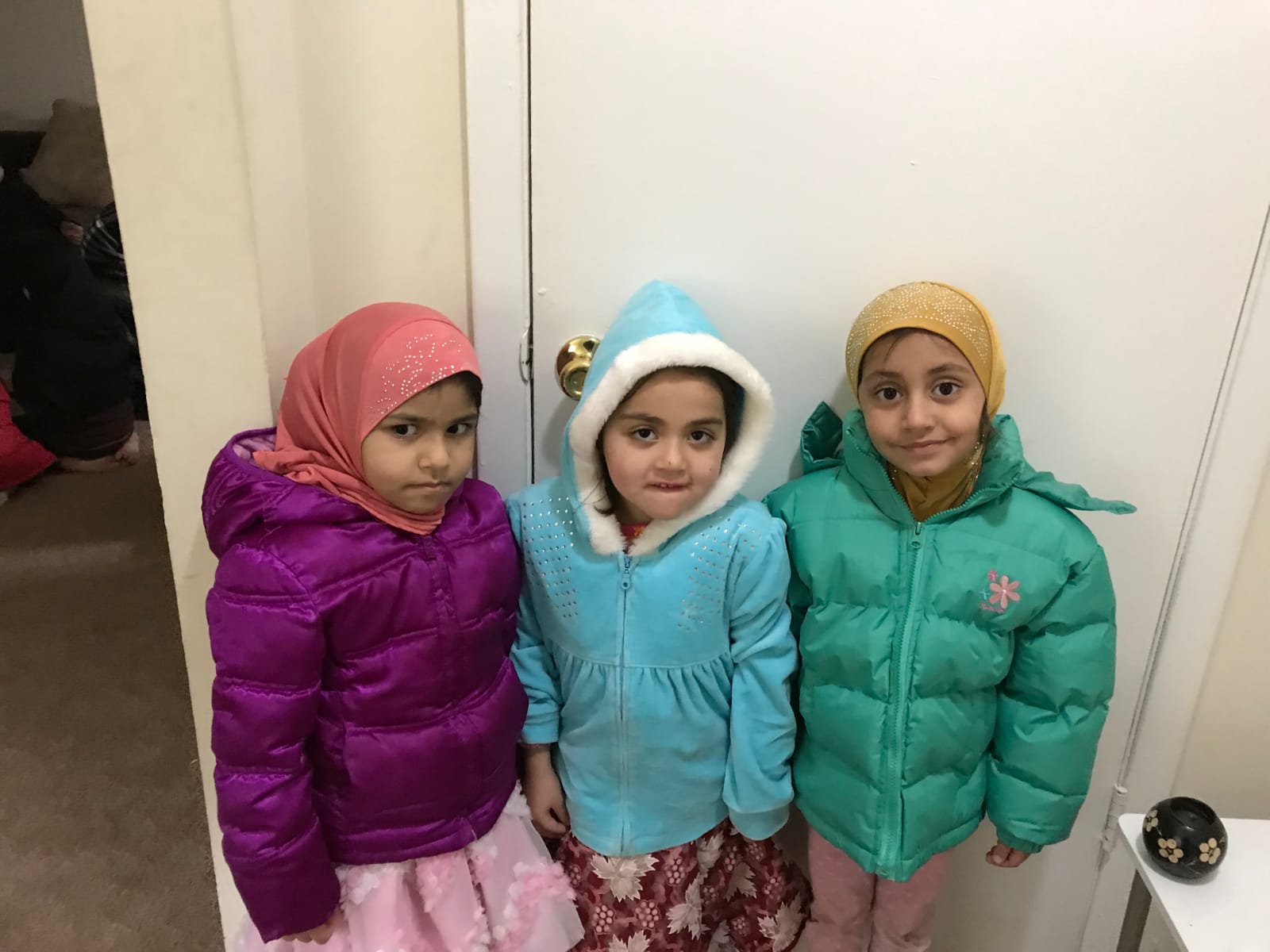 Madinah Food Pantry: Winter Coat and Clothing Drive 2023-2024
Madinah Food Pantry: Winter Coat and Clothing Drive 2023-2024





